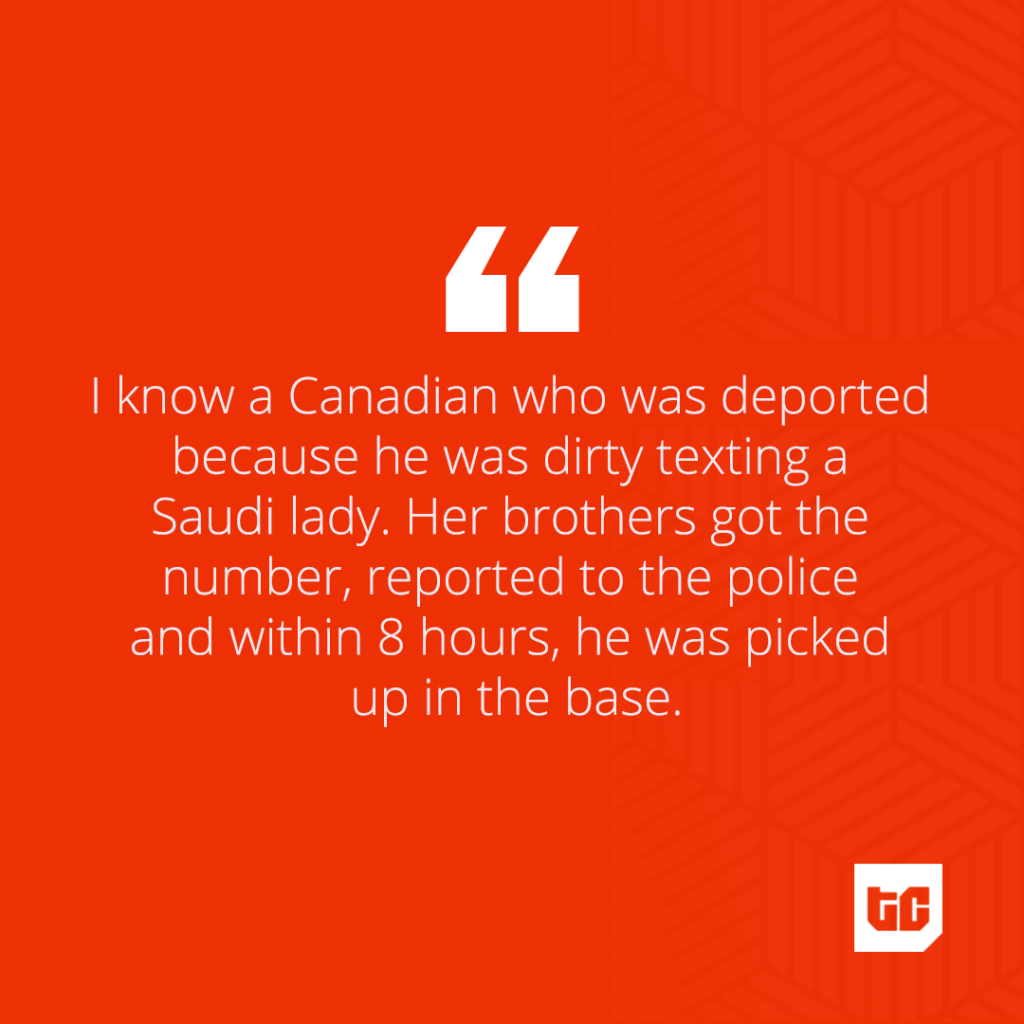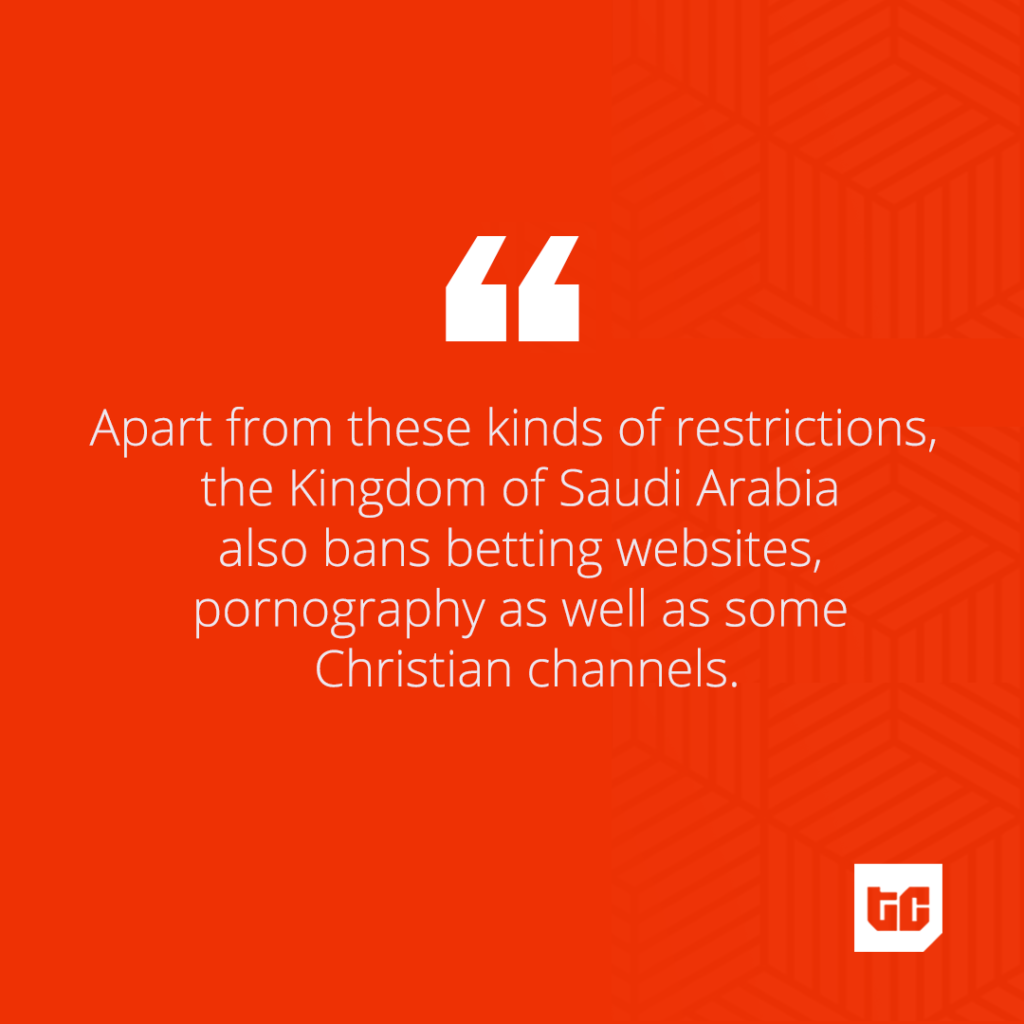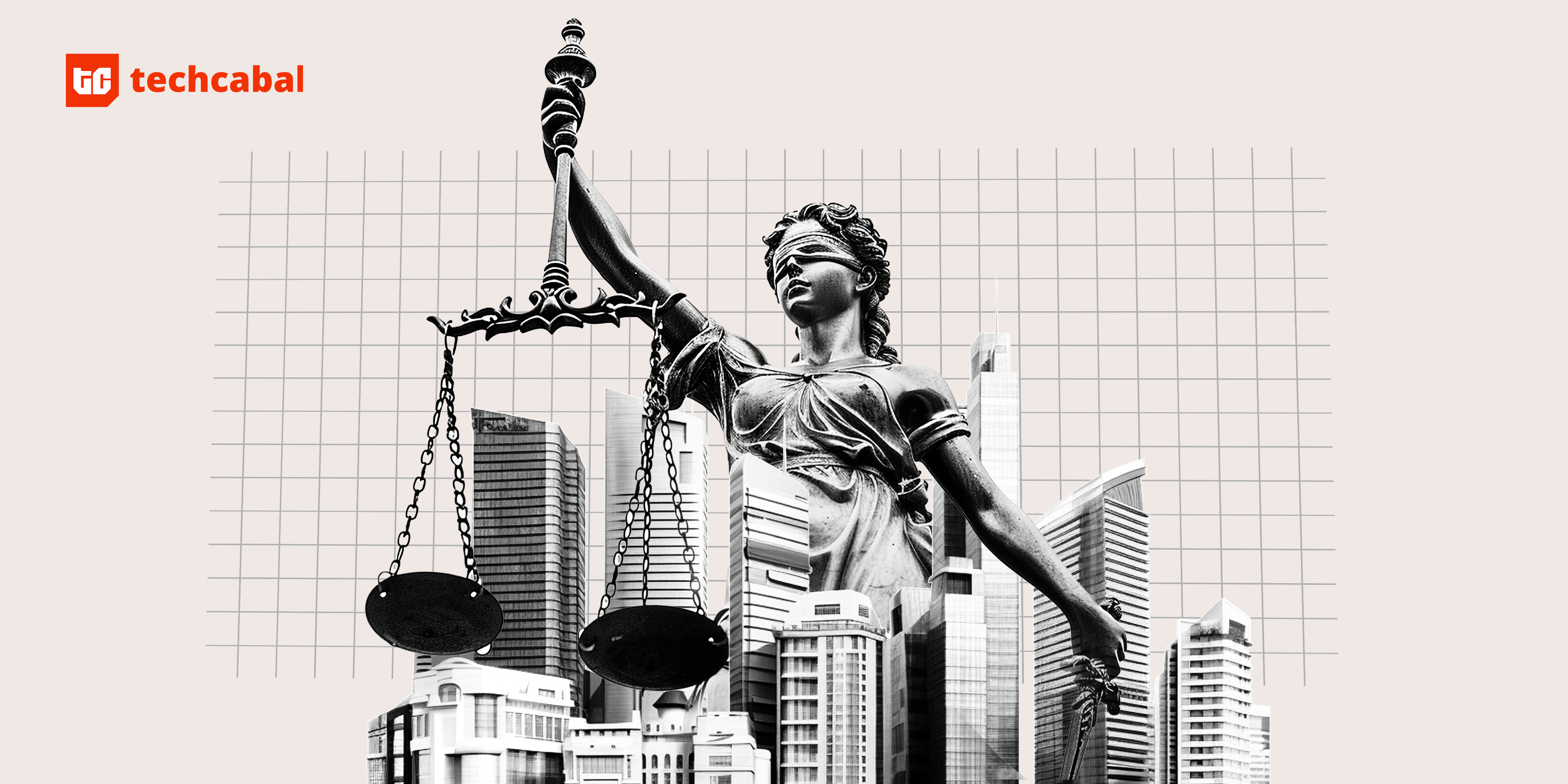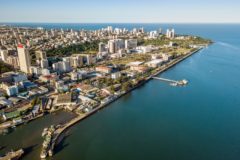“Chief, let me text you when I come back from work, there’s no network in the desert.”
That’s the WhatsApp message from *John, who has worked in Saudi Arabia for the last four years. What takes a Nigerian to Saudi Arabia to work in the desert where the weather gets as hot as 60°C?
Turn to your neighbour and say: Oil money.
In 2015, international oil companies like Schlumberger, Halliburton and Baker Hughes laid off a large number of workers in Nigeria because of an oil glut. While the fortunes of oil companies in Nigeria started to dwindle, oil companies in Saudi Arabia had no such problems.
It became necessary for Nigerian oil workers to look elsewhere and Saudi Arabia became a hot destination.
Saudi Arabia’s state-owned oil company, Aramco is the world’s most profitable company with annual profits of $110 billion. For perspective, Apple, the world’s second most profitable company reports annual profits of $59.5 billion.
Aramco also pulled off the biggest IPO in the world with the company now valued at $1.7 Trillion.
“Anyone who works at Aramco is like royalty. The guys there are living large,” John tells TechCabal. John isn’t royalty yet but save for the heat, his job as a Well Intervention Specialist sounds great.
“I’m here for two months and then I get one month off. I come back to Nigeria during my time off.”
I’m curious about how the frequent back and forth affects his perception of Nigeria.
“When you get to Saudi Arabia, everything works. You’re registered at the airport, and everything is central from that point.
“The airport is great, the security officials speak to you with respect and they go the extra mile to ensure your experience is stress-free.”
As he praises the airport experience in Saudi Arabia, I have a sinking feeling that contrasting it with Nigeria will be tough to handle. If you have been to a Nigerian airport, you know that quality is not of utmost importance here.
“When I return to Nigeria, from the airport, it’s the disorder I find amusing. Everyone begs for money: from customs to immigration and NDLEA agents. I never give them money and I usually tell them that if Nigeria was good I would not leave to go and work in the desert.”
“I mean leaving the organisation here to the disarray in Nigeria is always mind-blowing.”
I change the subject to tech and the big tech changes he has experienced in Saudi Arabia. How would he rate tech in Nigeria and Saudi Arabia?
“The Saudis source their technology from the US. So almost all the technology you can see in the USA is here. From Al to Mechanised Algorithm for real-time analysis ( for oil production) can be found here.
“Technology here is life, the average Saudi is technologically inclined, from data to Teslas, they are the epitome of show-offs. Right they might not know the nitty-gritty of it but oh it’s a new technology, we must have it. It’s more like a must-have mentality.
“So I will rate Saudi Arabia 7.
“But I’ll rate Nigeria 3 and that’s even because of all the things happening in fintech. The difference is still big.
“In Saudi, smartphones are like pure water and cash transactions are at a minimum. In the course of my work here, I have gone to some remote villages where I could buy a cup of tea and pay with a debit card.”
With all that advancement, I asked my new favourite question for people who live outside Nigeria: how much data can N2,000 ($5) buy?
“N2,000 is about 20 Riyals here, so I would say it should get you about 1.5GB of data. But I have not met anyone who buys small data bundles, usually, we buy around 50-100GB of data at 150 Riyals ($40).
“Many parks here also have free WiFi, you can walk to a park and connect.”
With all that data, what are the ten top apps he can’t do without in Saudi Arabia?
“Twitter, Youtube, DSTV Now, Netflix and Starz and the most important of all, a VPN app”
If you read Tunde’s China experience last week, you already know that VPN usage suggests censorship in a country. What does Saudi Arabia try to control?
“The government controls everything, and so regulates their internet. For a foreigner like myself, I can’t buy a SIM card without an iqama card. When I buy a SIM Card, it’s linked to my passport. So let’s say I commit an offence they just trace the line and zoom in on me.
“I know a Canadian who was deported because he was dirty texting a Saudi lady. Her brothers got the number, reported to the police and within 8 hours, he was picked up in the base.”

Apart from these kinds of restrictions, the Kingdom of Saudi Arabia also bans betting websites, pornography as well as some Christian channels.

To avoid the government’s prying eyes, VPN is a necessity for many people who live in Saudi Arabia. Sometimes, using a VPN is the difference between life and death because anyone who criticises the government or expresses dissent faces execution.
Death is the punishment for holding the wrong political opinion. I assume this means that John is open to moving back to Nigeria full-time.
“If it were to be any European nation I would not think twice but the temperature in the summer in the desert reaches 60°C and when you have 45°C it’s a good day, while now in the winter it’s 11°C.”
“Even with all the censorship, I am more relaxed here than in Nigeria. The disorganisation in Nigeria is mindblowing. Many of my Arab friends always ask me why we come here when we have got oil in Nigeria. I look at them and say you would not understand.”
One of the things big cities in Nigeria still struggle with is public transportation. Does KSA face the same problems?
“Uber and Careem are the two popular taxi-hailing services, but most people here have got cars and when I mean cars, I mean CARS. The public transport by bus is almost non-existent but I hear the train works.”
By now, we’re three hours into a conversation which began at 9:39 pm Saudi time, so John asks for “permission to go to sleep sir” and it brings our interesting conversation to a close.
Do you want to share your “abroad” Tech Story with TechCabal? Send us an email: Muyiwa@bigcabal.com





















